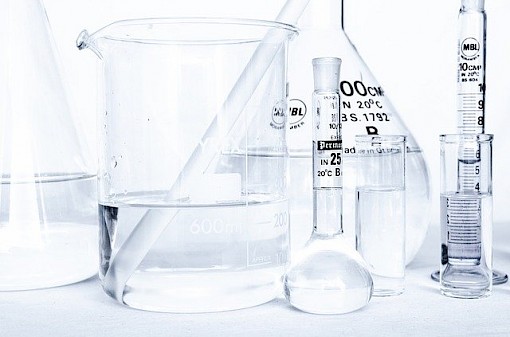
Cancer is the leading cause of death in the UK, and prior to COVID-19 there were around 367,000 new cases of cancer in the UK, and around 165,000 deaths. Over 2 million people were estimated to be waiting for cancer screening, testing, and treatments. In addition to this, many cancer patients were asked to shield, causing immediate disruption to daily life including not being able to see family and friends or even shop for food. Early diagnosis followed by swift access to the most effective treatment are the cornerstones of cancer care and it is also essential to preserve cancer patients’ quality of life through a personalised, holistic approach to their care. All of this has been significantly disrupted by the pandemic.
1,868 cancer patients (average age 60; the youngest was aged 13 and the oldest was 91) took part in the survey. The participants covered the whole range of cancer sites, breast being the largest group (21% of the patients surveyed) and endocrine cancers being the smallest (0.6% of patients surveyed).
The patients surveyed had been significantly affected by the pandemic with around two fifths of cancer patients having their testing for cancer impacted in at least one way since lockdown began in March 2020. One third of cancer patients had their treatment impacted in at least one way and nearly two thirds of cancer patients had their care impacted in at least one way. When asked to rate their cancer care overall before and since lockdown started, there was a significant decrease in those rating their care as ‘very good’ from three quarters to one third.
In terms of the emotional impact of COVID-19 pandemic on cancer patients, the most common emotions reported were anxiety and frustration. In addition, around half of cancer patients surveyed said that they were shielding as advised by their shielding letter. Shielding requires a considerable change from daily life for many people, and those who had plans for how they hoped to live out the remainder of their lives (in the cases of terminal cancer diagnoses) reported they found this particularly difficult. Around one in ten cancer patients stated that they were shielding despite not receiving information to do so. This suggests concern regarding contracting COVID-19. This was apparent from commonly reported comments about ‘catching COVID-19’ or ‘becoming seriously ill from COVID-19’.
In terms of the actions participants most wanted the government to take on cancer care, both now and after the pandemic there was strong support for the cancer service-related policies. The focus being on policies and measures that would enable treatment to continue safely during the pandemic such as adequate PPE and safe spaces. After COVID-19 there was strong support for returning services to their pre-COVID-19 conditions and reinstating cancer screening programmes.
In summary the survey found that COVID-19 has resulted in a negative impact on the emotional well-being of many cancer patients whether they were hoping to finish their treatment, find out the results of their test, have their regular screening, or continue with care that could support them, in some cases for the remainder of their life.
The full survey can be found here https://www.cancerresearchuk.org/sites/default/files/pes-covid_2020.pdf?utm_source=The%20King%27s%20Fund%20newsletters%20(main%20account)&utm_medium=email&utm_campaign=11713541_NEWSL_HMP%202020-07-31&dm_i=21A8,6Z285,WSLDFT,S2UDB,1